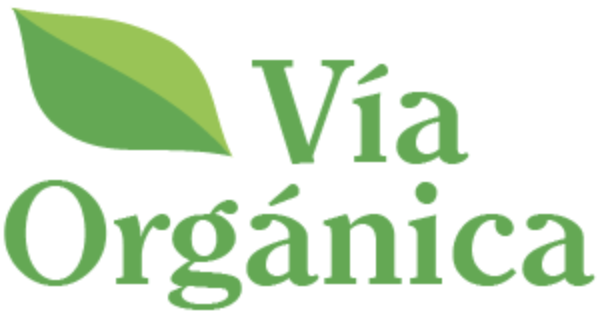President’s Cancer Panel: ‘Eat Organic, Ward Off Cancer’
By Marion Nestle, The Atlantic, May 12, 2010
Thanks to Nicholas Kristof of the New York Times (“New alarm bells about chemicals and cancer”) for telling readers about a report on chemicals and cancer released last week by the President’s Cancer Panel.
I had never heard of this panel—appointed during the Bush Administration, no less—and went right to its 2008-2009 annual report (PDF).
The Panel says that the “risk of environmentally induced cancer has been grossly underestimated,” that “nearly 80,000 chemicals [are] on the market in the United States, many of which are … understudied and largely unregulated,” and that “the public remains unaware … that children are far more vulnerable to environmental toxins and radiation than adults.”
Evidence suggests that some environmental agents may initiate or promote cancer by disrupting normal immune and endocrine system functions. The burgeoning number and complexity of known or suspected environmental carcinogens compel us to act to protect public health, even though we may lack irrefutable proof of harm.
I’m guessing this report will cause a furor. Why? “Lack irrefutable proof” means the science isn’t there. In this situation, the Panel advises precaution. Check out these examples selected from the recommendations:
Expect to hear an uproar from the industries that might be affected by this report. The American Cancer Society (ACS) doesn’t like it either (see Denise Grady’s take on the report, also in the New York Times), since the report implies that the ACS hasn’t been doing enough to educate the public about this issue. The ACS said in a report:
Elements of this report are entirely consistent with the recently published “American Cancer Society Perspective on Environmental Factors and Cancer” … Unfortunately, the perspective of the report is unbalanced by its implication that pollution is the major cause of cancer, and by its dismissal of cancer prevention efforts aimed at the major known causes of cancer (tobacco, obesity, alcohol, infections, hormones, sunlight) as “focused narrowly” … it would be unfortunate if the effect of this report were to trivialize the importance of other modifiable risk factors that, at present, offer the greatest opportunity in preventing cancer.
ACS says the Panel does not back up its recommendations with enough research. Maybe, but why isn’t ACS pushing for more and better research on these chemicals? However small the risks—and we hardly know anything about them—these chemicals are unlikely to be good for human health. Doesn’t precaution make sense? I think so.
